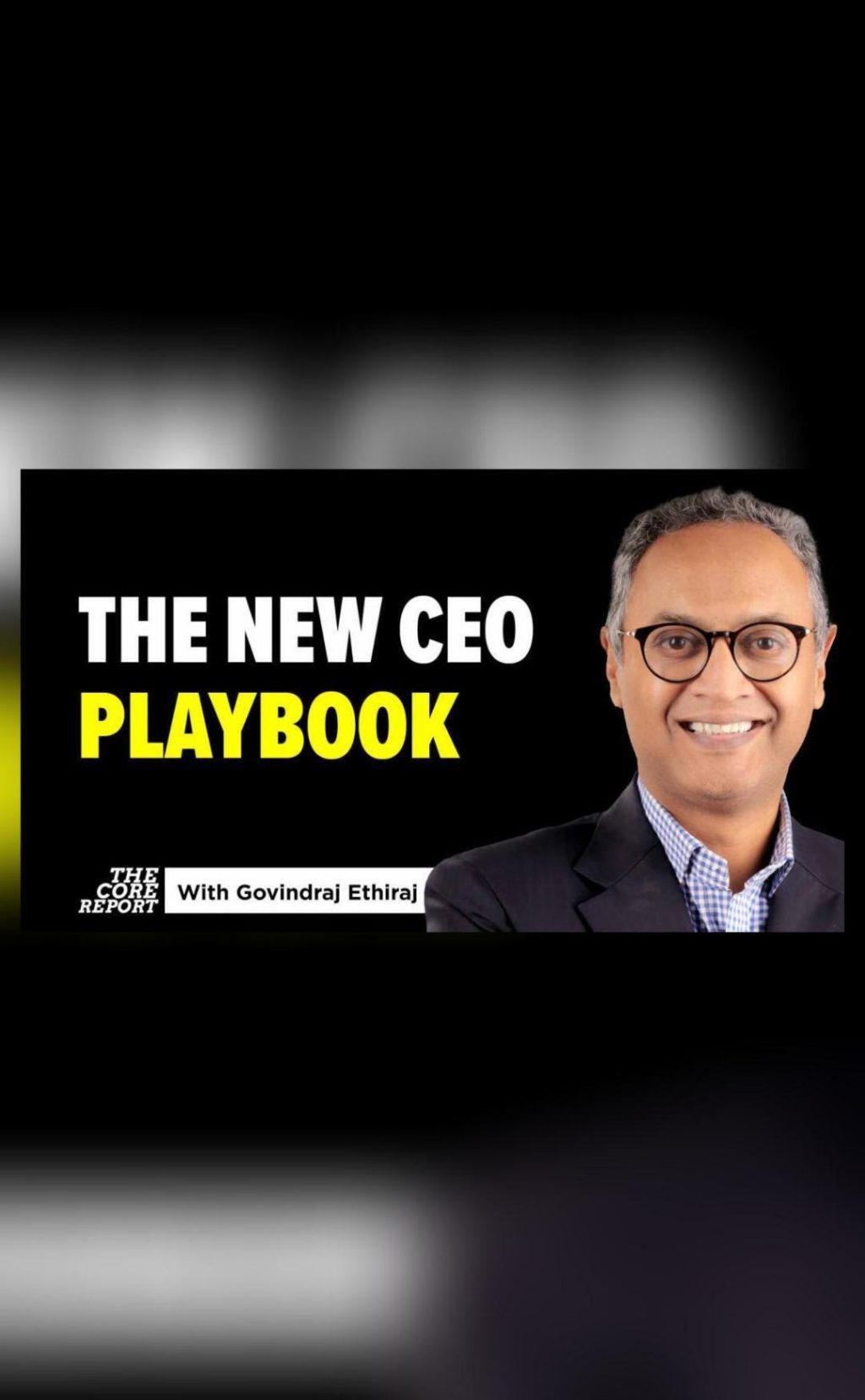
The New CEO Playbook: AI Pressures & Global Tariff Shocks
The business landscape has never been more unpredictable. As Artificial Intelligence (AI) continues to reshape industries and global tariff shocks disrupt trade, CEOs are facing unprecedented challenges. From internal pressures to automate and innovate, to external forces like shifting trade policies, business leaders must rethink strategy and operations to stay ahead of the curve.
In this article, we’ll explore the new CEO playbook, highlighting the key pressures and shocks that are redefining the way companies operate. We’ll also examine the strategies and best practices that successful CEOs are adopting to navigate this uncertain environment.
Internal Pressures: The Need to Automate and Innovate
One of the primary pressures facing CEOs is the need to automate and innovate. AI has the potential to revolutionize industries, but it also poses significant challenges for companies that are slow to adapt. With the rise of automation, companies can no longer rely on manual processes and must invest in AI-powered solutions to stay competitive.
According to a recent survey by PwC, 77% of CEOs believe that AI will have a significant impact on their industry, with 63% already investing in AI technologies. However, the same survey found that 58% of CEOs are struggling to find the right talent to lead their AI initiatives.
To overcome these challenges, CEOs are adopting a range of strategies, including:
- Investing in AI-powered solutions: Companies are investing in AI-powered solutions to automate manual processes, improve customer service, and gain insights into customer behavior.
- Reskilling the workforce: As automation replaces manual labor, CEOs are recognizing the need to reskill their workforce to take on more strategic roles.
- Fostering a culture of innovation: CEOs are encouraging a culture of innovation within their organizations, providing resources and support for employees to develop new ideas and solutions.
External Pressures: Global Tariff Shocks and Shifting Trade Policies
In addition to internal pressures, CEOs are also facing external pressures in the form of global tariff shocks and shifting trade policies. The recent trade wars between the US and China have had a significant impact on global trade, with many companies facing increased tariffs and trade restrictions.
According to a report by the World Trade Organization, global trade has declined by 1% in 2019, with trade tensions and uncertainty contributing to the slowdown. This has led many CEOs to rethink their global supply chains and consider alternative sources of supply.
To mitigate the risks associated with global tariff shocks and shifting trade policies, CEOs are adopting a range of strategies, including:
- Diversifying supply chains: Companies are diversifying their supply chains to reduce dependence on any one country or region.
- Investing in domestic production: As trade tensions escalate, companies are investing in domestic production to reduce reliance on imports.
- Focusing on regional markets: CEOs are recognizing the importance of regional markets and are investing in markets that are less exposed to global trade tensions.
The New CEO Playbook: Localising, Adapting, and Reconsidering
In this uncertain environment, CEOs must rethink their strategy and operations to stay ahead of the curve. The new CEO playbook involves localizing, adapting, and reconsidering long-held business models.
Here are some key takeaways for CEOs:
- Localise: Companies must localize their operations to adapt to changing market conditions and regulatory environments.
- Adapt: CEOs must be prepared to adapt their business models to respond to changing customer needs and market trends.
- Reconsider: Long-held business models may no longer be relevant in today’s fast-changing environment. CEOs must be willing to reconsider their business models and invest in new solutions.
Conclusion
The new CEO playbook is all about adapting to a rapidly changing business landscape. With AI reshaping industries and global tariff shocks disrupting trade, CEOs must be prepared to rethink their strategy and operations to stay ahead of the curve.
By adopting a range of strategies, including investing in AI-powered solutions, reskilling the workforce, and fostering a culture of innovation, CEOs can overcome internal pressures and adapt to external forces.
By localizing, adapting, and reconsidering long-held business models, CEOs can build resilience and stay ahead of the competition in this uncertain environment.
Source:






